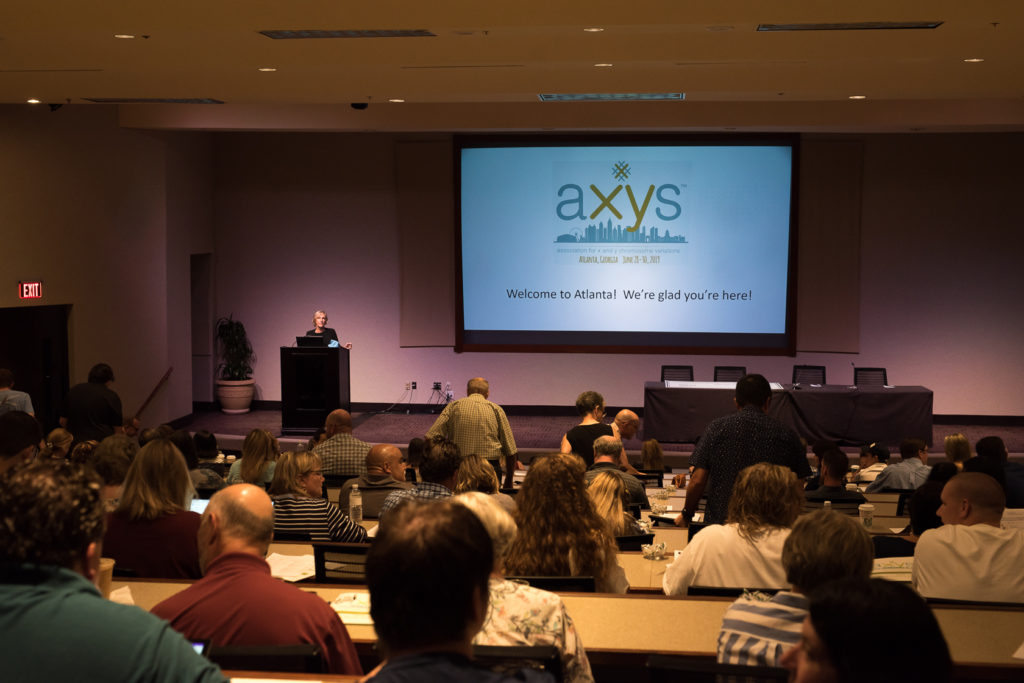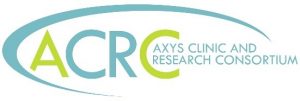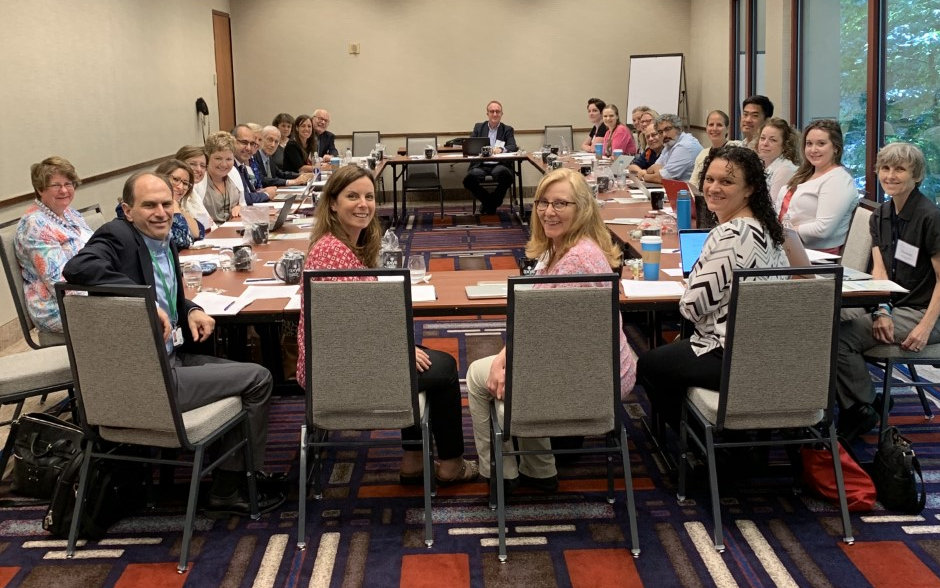AXYS Consensus Documents
Consensus-based recommendations from the AXYS Clinic & Research Consortium
Click or tap on a title below to view/download the document in PDF format.
Click or tap on a title below to view/download the document in PDF format.
CME Course Title: Klinefelter Syndrome: Identifying, characterizing and managing an underdiagnosed condition with serious consequences
Course Directors: Hooman Sadri, MD, PhD and Stuart Howards, MD
Reviewed by the AXYS Clinic & Research Consortium (ACRC)
Date: October 2020
“Introduction:
Have you unknowingly seen someone with Klinefelter Syndrome in your practice?
Chances are, you have. Klinefelter Syndrome (KS) is the most common sex chromosome disorder, occurring in approximately 1 out of every 600 male births. Yet an estimated 60 to 75% of those with KS will remain undiagnosed throughout their lifetimes.
Why does this matter?
It matters because KS is linked to significantly higher mortality rates and a range of physical, neurocognitive, and social/behavioral comorbidities as well as a lower quality of life and socioeconomic status. Some healthcare providers believe that delayed diagnosis can increase patient morbidity. And it matters because those with KS are getting lost in our healthcare system. Studies show that the majority of individuals with KS report being dissatisfied with their care. In addition, many with KS and their families find that their providers have outdated information about the condition, or little information at all. By learning more about the many facets of KS, providers across the healthcare system can work together to better treat and support those with this condition and their families.”
June 21 — June 27, 2021
The conference will have several types of sessions:
Welcome and Open House Sessions on Monday. These are sessions where you can feel free to drop by and say hi, and stay as long as you wish. See old friends and make new ones.
Can We Chat Sessions are similar to the Zoom chats we’ve been having regularly since last spring. These sessions will not be recorded, so attendees can speak freely, ask questions openly, and have deep discussions. There will be a moderator for each of these sessions and lots of time to ask questions. What is discussed in the “Can We Chat” sessions is private to those who attend.
Lecture Sessions are very much like our webinars, but shorter. An expert will give a 20 minute presentation followed by 20 minutes of Q&A.
We will also have an Introduction Session on Saturday June 19 for those newly diagnosed and those attending an AXYS conference for the first time.
We’re so happy you can join us! A quick reminder that all AXYS event attendees agree to abide by the AXYS Activities Conduct Policy. Please read this prior to attending an AXYS event.
For technical support during the conference, please send text messages to 267-225-1862 or message us on Facebook.

Most children and adolescents whose development is affected by having an X or Y variation are eligible for special education services. US federal law, the Individuals with Disabilities Education Act (IDEA) includes a variety of safeguards and options including Part C which provides for services to children birth to 3 years of age, and Part B which mandates a free public education for children with special needs who qualify from the ages of 3 to 21.
IDEA requires a multidisciplinary evaluation to determine if the child qualifies for special education services. This means that professionals from a variety of fields (medicine, psychology, occupational therapy, etc.) and the parents of the child collaborate to assess the child’s strengths and needs and determine appropriate educational services.
Every child eligible for special education has either an Individualized Family Service Plan (IFSP, for children birth to age 3), or an Individualized Education Program (IEP, for children age 3-21). Both programs specify the details of a child’s educational plan.
Intervention varies and is based upon the child’s individual needs. Areas that may be addressed include: speech and language, cognition, behavior, sensory-motor and academics. Settings range from home-based programs for infants to a variety of school-based classrooms for older children and adolescents.
This section provides a series of links to other resources that may be useful to some persons dealing with X and/or Y aneuploidy conditions. AXYS is aware that there is wide variability in the signs and symptoms associated with these conditions and not everyone will require the same resources. However, we’re hopeful that a number of these resources may be useful to a significant percentage of this population.
AXYS Resources for Distance Learning During COVID-19 and Beyond


Since 2015, the scientists and researchers of the AXYS Clinic and Research Consortium (ACRC) collaborate, share information, and explore opportunities to participate in joint research projects. In addition, AXYS organizes annual meetings of the consortium where members meet to discuss topics important to the X & Y variation community.


AXYS shares research opportunities with our community that we feel benefit those with X&Y variations and their families. All requests to share a research opportunity are carefully reviewed by our board and medical experts. Many studies on X&Y variations take place simultaneously at research centers around the world.
We are sharing this article on Clinical Studies from NIH to help you learn more about clinical trials.
If you are the Principal Investigator or other responsible person for a study that you believe may be beneficial to individuals with one or more of the X&Y variations that AXYS serves, follow the instructions on this page
For a regularly updated list of specific research recruiting announcements that are open and actively recruiting families, please click here.
Every two years, AXYS sponsors a conference that brings together those with an extra X or Y chromosome variation, their parents or other family members, researchers, medical professionals and others. The conference features individual presentations, panel discussions, and plentiful opportunity for informal discussion and support on a wide range of matters relevant to our members and friends. Much of the material is of a timeless nature that can be highly informative and helpful to those new to the field.